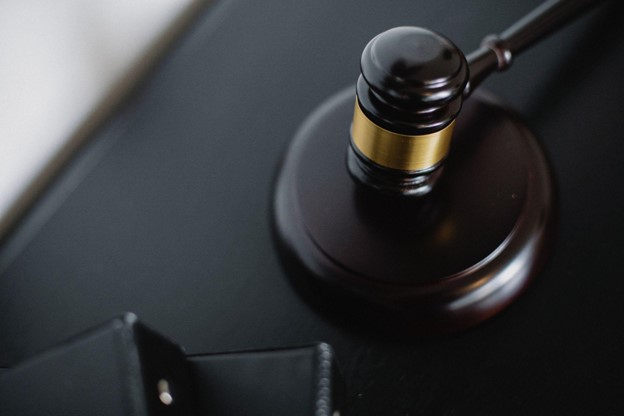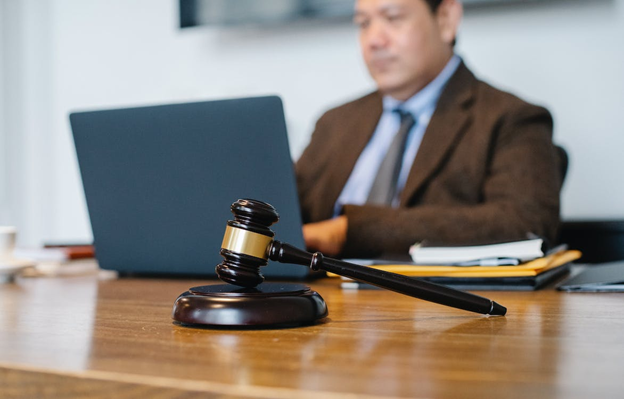Now Reading: Presumption of Innocence: The Art of Criminal Defense
-
01
Presumption of Innocence: The Art of Criminal Defense

Presumption of Innocence: The Art of Criminal Defense
The presumption of innocence is a fundamental principle in criminal law that underpins the justice system in many countries around the world. It asserts that every individual accused of a crime is considered innocent until proven guilty beyond a reasonable doubt in a court of law. This cornerstone of justice not only safeguards the rights of the accused but also serves as the foundation for the art of criminal defense representation. In this article, we will explore the significance of the presumption of innocence, the role it plays in criminal defense, and the art of defending individuals against criminal charges.
The Significance of the Presumption of Innocence
The presumption of innocence is more than just a legal concept; it is a fundamental human right. It ensures that individuals are not subject to unjust treatment or punishment merely based on accusations. This principle places the burden of proof on the prosecution, requiring them to present sufficient evidence to convince the court and jury of the defendant’s guilt. Without the presumption of innocence, the accused would be left defenseless against the overwhelming power of the state.
The presumption of innocence also serves to instill public confidence in the justice system. It sends a clear message that fair trials are the cornerstone of any democratic society. When individuals are confident that they will be treated fairly in a court of law, they are more likely to trust and respect the legal system.
The Role of the Criminal Defense Attorney
Criminal defense attorneys play a crucial role in upholding the presumption of innocence and providing effective representation to their clients. The art of criminal defense representation lies in their ability to build a strong defense case, challenge the prosecution’s evidence, and ensure that their clients’ rights are protected throughout the legal process.
Building a Strong Defense Case
A criminal defense attorney starts by thoroughly investigating the case, examining the evidence, and interviewing witnesses. They aim to identify weaknesses in the prosecution’s case and gather evidence that supports their client’s innocence or casts doubt on the prosecution’s version of events. This may involve consulting experts, gathering alibis, or uncovering new evidence that was not previously known.
Challenging the Prosecution’s Evidence
Once the defense attorney has built a strong case, they must skillfully challenge the prosecution’s evidence during the trial. This can involve cross-examining witnesses to expose inconsistencies or biases, objecting to the admission of certain evidence that may be irrelevant or prejudicial, and presenting counter arguments to the prosecution’s theories.
The burden of proof is on the prosecution to establish guilt beyond a reasonable doubt. The defense attorney’s job is to create doubt in the minds of the jury or judge, showing that there is a reasonable alternative explanation for the alleged crime.
Protecting the Rights of the Accused
A criminal defense attorney is not just a legal advocate but also a guardian of their client’s constitutional rights. They ensure that the accused’s rights, such as the right to remain silent, the right to a fair trial, and the right to due process, are respected at all times. Any violation of these rights can lead to evidence being suppressed or the case being dismissed.
The Art of Crafting a Defense Strategy
Crafting an effective defense strategy requires a combination of legal expertise, creativity, and empathy. A successful defense attorney understands that each case is unique and requires a tailored approach. They must also empathize with their clients, understanding the emotional toll that a criminal accusation can take on their lives.
Analyzing the Strengths and Weaknesses
A crucial aspect of the art of criminal defense representation is the ability to analyze the strengths and weaknesses of the case. By understanding the strengths, the attorney can build on them to create a compelling defense. Simultaneously, by recognizing the weaknesses, they can prepare to address them proactively during the trial.
Crafting a Persuasive Narrative
A persuasive narrative is essential in any criminal defense case. The defense attorney must present a coherent and compelling story that challenges the prosecution’s version of events. This narrative should not only present the evidence but also appeal to the emotions and reasoning of the jury or judge.
Navigating Legal Procedures
Navigating the complex legal procedures and rules of evidence is another critical aspect of the art of criminal defense. An experienced defense attorney knows how to leverage these procedures to their client’s advantage, ensuring that the case is treated fairly and that irrelevant or prejudicial evidence is excluded.
Conclusion
The presumption of innocence is the bedrock of a just and fair legal system. It provides individuals with the assurance that they will not be subject to arbitrary punishment or unfair treatment. Criminal defense representation is the art of upholding this principle by vigorously defending the accused against criminal charges. Building a strong defense case, challenging the prosecution’s evidence, and crafting a persuasive defense narrative are essential elements of this art. By adhering to the presumption of innocence and employing the skills of the criminal defense representation, we ensure that justice prevails in our society.











